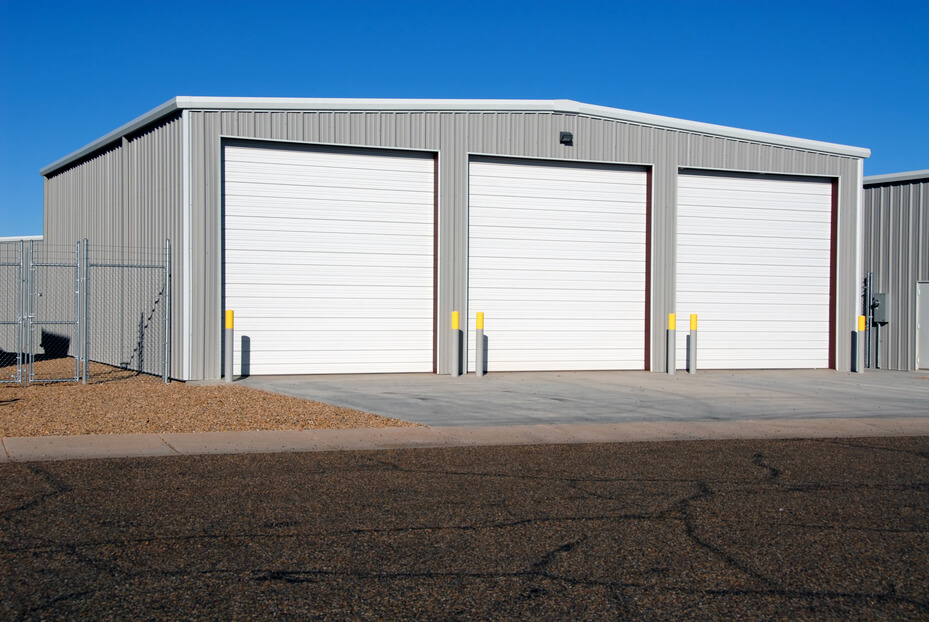
In today’s world, space is an essential and premium commodity, so much so that many people have to turn to self-storage facilities to rent storage space. If you lack space at home, are in the middle of a move, or are looking for a space to store belongings, understanding the specific details of renting a storage unit is imperative. This article will cover many different factors of renting a storage unit and even tips and tricks to help you maximize your storage rental investment. Whether you are a storage veteran or completely new to the process, there is always something valuable to learn about this specific aspect of modern living.
What is a Storage Unit
A storage unit is a piece of rented space, usually within a self-storage facility, designed to provide individuals, businesses, or organizations with a place to store their belongings. The units come in many sizes and configurations and could be used for short-term and long-term storage needs. The most common reasons to use the storage unit are personal storage, moving or relocating, business storage, renovations, vehicle storage, and document and archive storage.
The storage units are usually rented on a month-to-month basis, depending on what type of storage the unit is used for. Some companies have longer lease agreements with storage facilities for better rates. It is common to find storage units behind gated facilities with excellent security features like surveillance cameras.
How do Storage Units Work?
Storage units provide individuals, businesses, and organizations with a safe and convenient place to store their personal belongings, possessions, or even inventory. The following is a step-by-step guide for how the storage units work.
-
Renting A Unit
- It begins with researching storage facilities in your area. After comparing the pros and cons of the different facilities, choose the facility that meets your needs the most.
- Once you have chosen the storage facility, you need to contact that manager to inquire about availability, sizes, and rental rates.
-
Signing a Rental Agreement
After selecting your facility and specific storage unit, you will need to sign a rental agreement. The rental agreement will typically have your storage rental’s particular terms and conditions. This usually includes the monthly rent, payment due dates, and the security deposit required.
-
Identification and Contact Information
During the rental agreement, you must provide a government-issued form of identification like a driver’s license and contact information.
-
Security Access
After you have signed the rental agreement, you will get a key, lock, and a security card/access code is required.
-
Moving In
After you access your storage unit, you start moving in your belongings! Some facilities may even offer free truck rentals, dollies, or carts to help with the move-in process.
-
Accessing Your Unit
Renters can access their units during the facility’s operating hours.
-
Moving Out
Remember to check your rental agreement if you no longer need the storage unit. Some agreements have a specified process for how to end the rental agreement. You can move your belongings out after you have notified the storage facility. Remember to completely clean the unit and leave it just as it was when you first moved in. Once you are ready to move on from the team, remember to return the key and lock for the storage unit.
What should I look for in a Storage Unit?
If you are beginning your search for a storage unit, there are several factors to consider to ensure you find the storage facility that best meets your needs.
- Location is a major factor in choosing a conveniently located facility.
- Size – It helps to understand what size storage unit you need. It is pointless to pay for a team that is either too small or too big for your belongings.
- Security – regardless of your storage, security should be a major factor. Choosing a facility with better security measures like gated access, video monitoring, well-lit premises, and even on-site personnel is important.
- Access Hours – Each facility is different; some facilities offer 24-hour access while others have a stricter time for access.
- Climate-Controlled Storage Unit – if you store sensitive items like electronics, artwork, or furniture, choosing a unit with climate control will help protect your belongings. Climate-controlled units are typically more expensive. However, if you plan to store furniture or are in an area with extreme temperatures, this may be necessary.
- Insurance – Many storage facilities offer insurance options for your items, which may be helpful based on your storage needs.
- Pricing and Fees – this is another major section, as it is vital to understand the facility’s monthly rent and any other fees.
Tips for Renting a Storage Unit
While the renting process is fairly straightforward, there are a few specific tips to apply when going through the process.
- Determine Your Specific Needs – it helps to make a list of items you plan to store, giving you an idea of the unit size required.
- Research Facilities – Before using a storage facility, compare the different facilities near you and the pros and cons of each facility.
- Visit in Person – visiting the facility in Person will give you a much better picture of how reputable the facility is.
- Check Accessibility – ensure the facility’s access hours align with your schedule. If your facility offers 24-hour access, this is not a major issue for you.
- Read the Rental Agreement – while this may seem redundant, it is important to read the rental agreement and pay attention to the specific terms, rental duration, and any restrictions on the stored items.
Related Articles
Finding Moving Companies in Seattle
Factors that Affect Your Storage Unit Prices
There are many different factors that will determine the price of a storage unit. First and foremost, the location will heavily influence the price of a storage unit. Furthermore, the unit size and type of unit will also play a major factor. The duration of your rental agreement will also play a factor; longer contracts will earn better rates. The facility amenities and security measures will influence the price, the more amenities and security measures, the higher the price. Finally, the unit availability could affect the price as the laws of supply and demand come into play here!
Contact Jordan River Moving for Renting a Storage Unit
In conclusion, whether you’re preparing for a move, decluttering your living space, or need a secure location for your belongings, renting a storage unit is the solution you’re looking for. Jordan River Moving is a top choice for all your storage needs. With a solid reputation for excellence, our facilities offer advanced security, flexible options, and a dedicated team ready to assist you. Take the next step toward a clutter-free, organized life by contacting Jordan River Moving today and experience the convenience and peace of mind of choosing a trusted partner for your storage requirements. Your possessions deserve the best, and Jordan River Moving is here to provide it.




